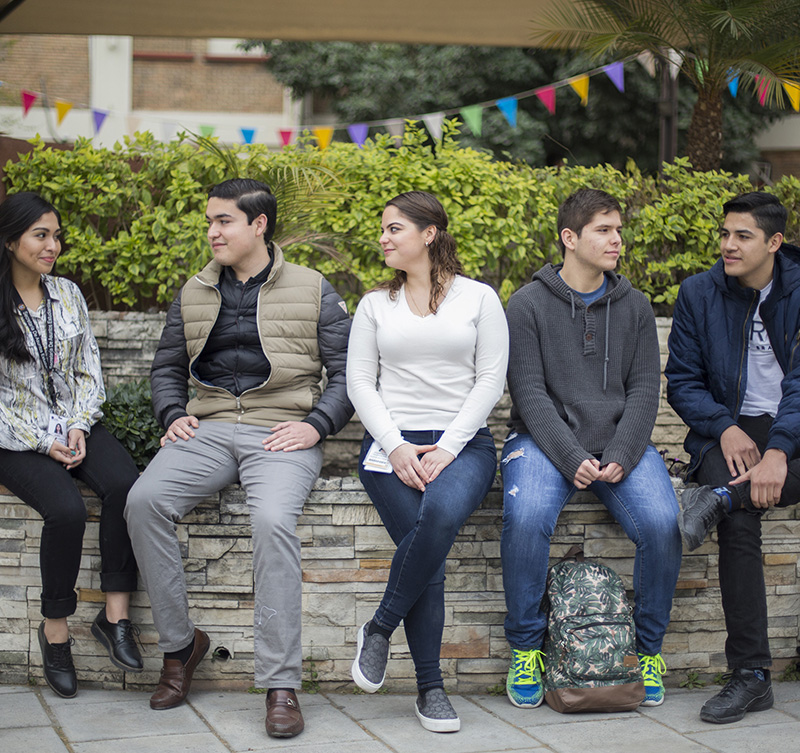UANL - School of Medicine
History

Mission
Academic excellence with humanity and service.
Train health professionals with academic excellence in the various disciplines of biomedical sciences and thus carry out their care, teaching and research tasks for innovation, within an ethical, humanitarian and inclusive framework, with a broad spirit of service and social responsibility , with the capacity for self-criticism and continuous updating of their knowledge, strengthening their comprehensive development.

Vision
An educational institution with an international reputation.
La Facultad de Medicina de la UANL es en el año 2030, la mejor institución de educación, investigación y de servicios de salud del País, socialmente responsable y de competencia internacional, reconocida por su calidad en la formación integral, relevancia en la atención a la sustentabilidad y contribuciones científicas y tecnológicas innovadoras al campo de la biomedicina en beneficio de los diversos sectores poblacionales.
UANL - School of Medicine
Accreditations








